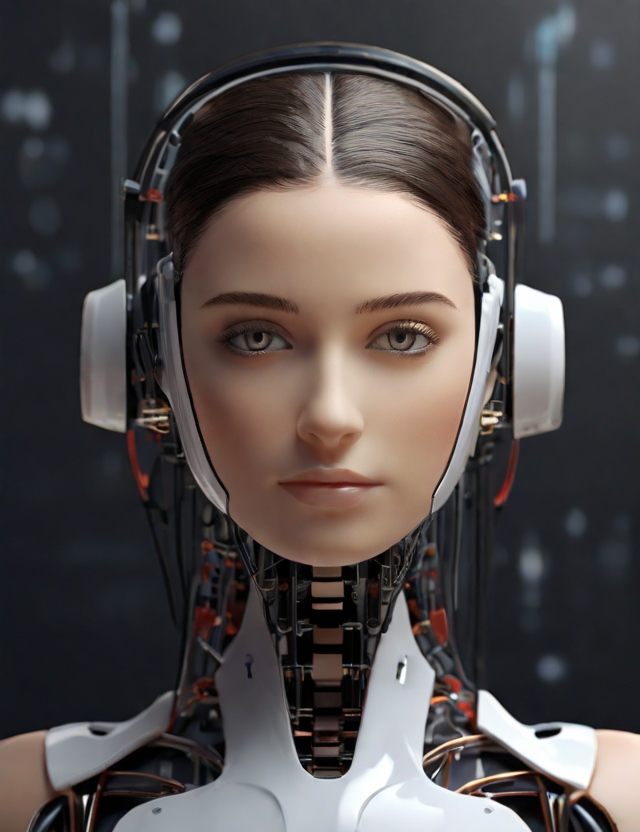In a recent turn of events, Replika, a widely-used AI chatbot companion, unexpectedly altered its relationship dynamics with millions of users. The company deactivated the chatbot’s sexual communication and “suggestive selfies” features, responding to regulatory pressure from Italian authorities. This sudden change led to a surge of user reactions on Reddit, with some users so affected that moderators felt compelled to share suicide-prevention resources.
This incident is just a glimpse of what’s to come. In 2024, chatbots and virtual characters are predicted to gain even more popularity for both practical and recreational purposes. Social interactions with these AI entities are expected to become commonplace, including the emotional bonds we form with them.
Studies in human-computer and human-robot interaction reveal our tendency to humanize – assign human characteristics, behaviors, and emotions to – non-human entities, especially when they exhibit familiar behaviors like language. Thanks to recent advancements in AI, these virtual agents have become adept in this crucial aspect of human interaction.
The market is witnessing a surge in various types of bots – from friends to therapists to romantic partners – as curiosity about these AI-powered virtual beings grows. These bots hold immense potential in areas like education, health, and entertainment. The idea of seeking relationship advice from a smart appliance might sound far-fetched today, but attitudes could shift if such advice proves beneficial.
In 2024, major corporations might still be cautious about integrating advanced conversational AI into household devices, wary of the risks associated with generative models that can produce unpredictable, inaccurate, or even harmful content.
The Replika incident and numerous laboratory studies indicate that people can develop strong emotional attachments to bots. There’s evidence that individuals readily share personal details with AI agents and may even alter their beliefs and behaviors in response to these interactions. This leads to consumer protection concerns regarding how companies might exploit this attachment for commercial purposes.
Replika, for instance, charged an annual fee of $70 for features that included erotic role-play. Yet, within a day of downloading the app, users reported receiving enticing messages locked behind a paywall, pointing to the potential for emotional exploitation for profit. It seems likely that the coming year will reveal more subtle yet questionable tactics in this realm.
Currently, there’s still a degree of skepticism and sensationalism surrounding people who attribute sentience to AI or develop romantic feelings for a chatbot. However, as we move into 2024, there’s a growing realization that these interactions are deeply human. It’s becoming clear that machines are increasingly becoming a part of our social fabric.



